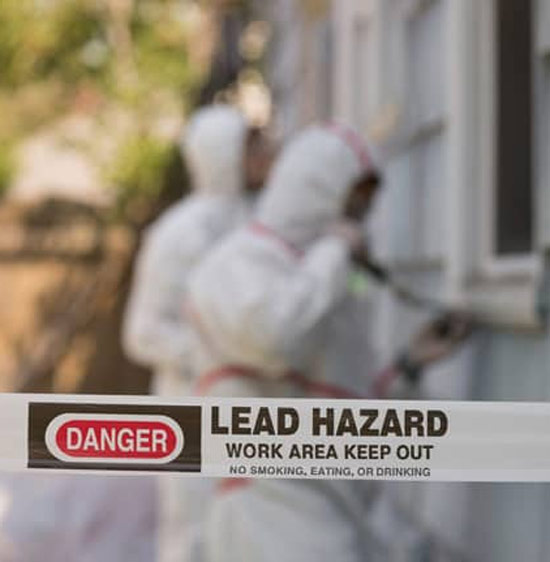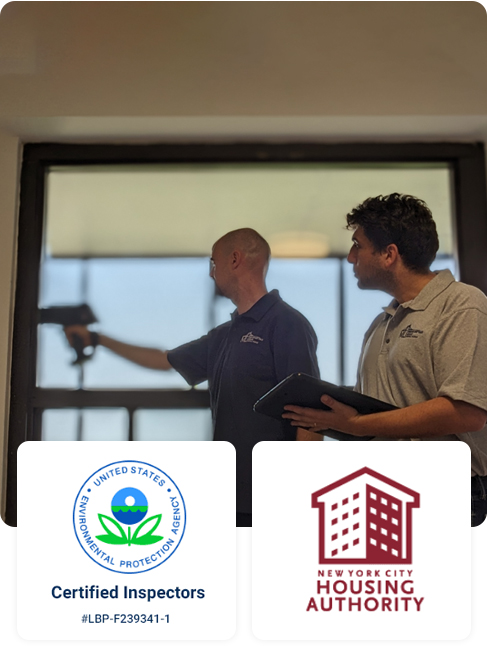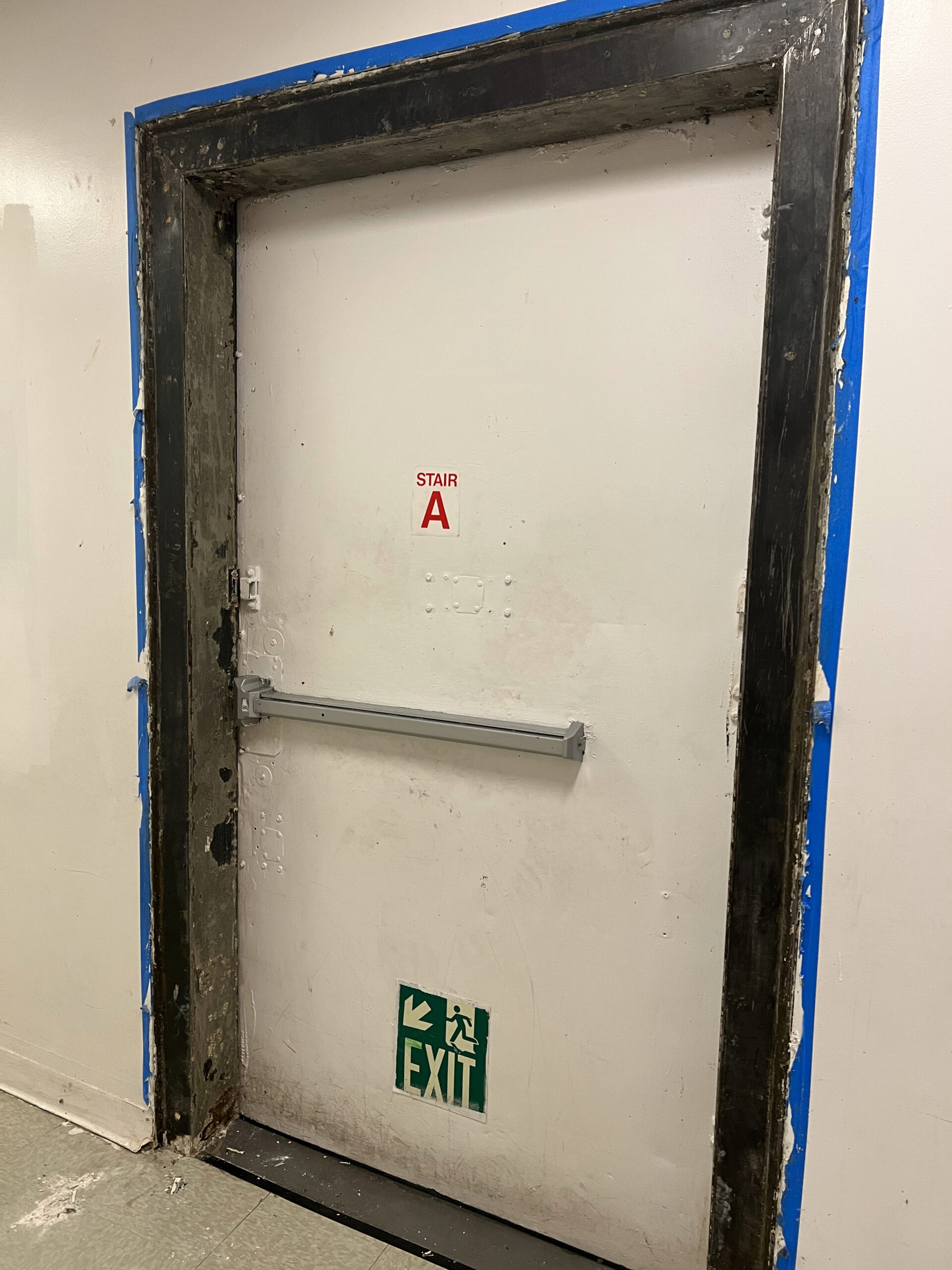Best Practices for Making Sure Safe and Thorough Lead Infraction Reduction
Dealing with lead offense reduction needs a multi-faceted method to ensure both security and conformity. Initial evaluations making use of advanced detection techniques such as XRF analyzers established the stage for an accurate understanding of contamination degrees. Including proper containment methods, consisting of impermeable barriers and HEPA filtering, combined with making use of personal protective devices (PPE) for workers, creates the foundation of a secure operation. Precise clean-up methods, including HEPA vacuuming and wet-wiping, are crucial. Yet, it's the final clearance process, including complete examinations and laboratory testing, that absolutely verifies a lead-free setting, making certain lasting safety and security. Exactly how do these practices interconnect to guarantee extensive lead abatement?

First Evaluation
Conducting a first analysis is an important initial step in lead infraction abatement. This stage encompasses a thorough examination of the home to identify the existence, extent, and certain locations of lead-based dangers. Qualified specialists, such as certified lead examiners or risk assessors, must perform a detailed site assessment, utilizing tools like X-ray fluorescence (XRF) analyzers to properly spot and gauge lead concentrations in paint, dust, dirt, and water.
The assessment needs to additionally include an evaluation of the structure's history, previous records, and any kind of grievances or health and wellness concerns reported by residents - Lead Removal Contractors. Recording the searchings for meticulously is necessary, as these documents form the basis for establishing a reliable reduction strategy. A complete analysis also includes sampling and research laboratory evaluation, which are crucial to verify the existence of lead and overview succeeding activities
Furthermore, it is necessary to connect the outcomes transparently to all stakeholders, including home owners, occupants, and governing authorities. By making certain that the initial assessment is conducted with precision and rigor, professionals can lay a solid foundation for a targeted and efficient lead abatement process, ultimately safeguarding public health and ensuring compliance with regulatory standards.
Proper Control
Appropriate containment is crucial to protect against the spread of lead pollutants during reduction activities. Properly handling containment decreases the danger of lead dirt and particles moving to non-work areas, therefore protecting both the environment and people outside the immediate job zone.

Regular assessments of the containment location are necessary to look for breaches or weaknesses in the obstacle. Any type try this out of recognized problems need to be quickly resolved to maintain the honesty of the containment. By adhering to these techniques, abatement jobs can effectively manage lead contamination and minimize involved wellness risks.
Worker Defense
Ensuring worker defense is paramount during lead reduction tasks to avoid work-related direct exposure to dangerous lead bits. Crucial steps include making use of individual protective equipment (PPE) such as respirators, gloves, and full-body fits especially designed to block lead dust and fumes. Workers must have a peek at this website undertake comprehensive training on the appropriate usage and upkeep of PPE, consisting of healthy screening for respirators to ensure maximum efficacy.
Engineering controls, such as regional exhaust ventilation systems, are vital in decreasing air-borne lead focus in the job setting. Management controls should also be executed, including limiting the duration of exposure and rotating workers to reduce individual exposure times. Regular clinical security and organic surveillance are crucial for very early discovery of lead absorption, making it possible for prompt intervention and treatment.
Furthermore, establishing a purification protocol is vital. Employees have to adhere to rigid decontamination procedures prior to breaks and at the end of their change to stop lead dust from being carried outside the workspace. This consists of extensive hand and face washing with lead-specific cleaner and altering out of polluted clothing.
Meticulous Cleaning
Preserving a safe job setting prolongs beyond employee security and encompasses thorough clean-up to guarantee lead fragments are completely removed from the website. The process of meticulous cleaning is vital in avoiding the recontamination of the abated location and safeguarding both existing and future residents.
To achieve a thorough cleanup, all workplace have to be systematically sanitized. This involves using specialized HEPA (High-Efficiency Particulate Air) hoover and wet-wiping techniques to catch and remove fine lead dirt that may have cleared up on surfaces. It is critical to clean all straight surfaces, including floorings, window sills, and counter tops, along with vertical surfaces that might have trapped lead bits.
Employees should wear proper individual protective devices (PPE) throughout cleanup to avoid direct exposure to recurring lead dust. Used cleansing products such as wipes, sponges, and wipe heads ought to be thrown away based on dangerous waste disposal guidelines.

Last Clearance
Last clearance is the vital ending stage of lead reduction that figures out whether the site is risk-free for reoccupation. This vital step includes extensive evaluation and testing to verify that all lead hazards have actually been properly removed.

Final clearance testing not just safeguards future occupants yet likewise guarantees conformity with regional, state, and federal laws. Additionally, it functions as a recorded validation of the abatement specialist's adherence to industry ideal methods. Making sure a comprehensive and effective final clearance is crucial in securing public health and promoting rely on the reduction procedure.
Final Thought
Making certain risk-free and detailed lead infraction reduction necessitates a diverse approach including first assessments with sophisticated discovery methods, reliable control techniques, rigid worker security procedures, and meticulous cleanup treatments. The last clearance stage, featuring in-depth examinations and laboratory testing, is critical to confirm compliance with EPA standards. Adherence to these best methods assures a secure environment for residents, alleviates wellness threats, and upholds regulative demands, consequently advertising public wellness and safety in lead-affected areas.
Comments on “Lead Removal Contractors-- Seasoned Specialists for Lead Reduction”